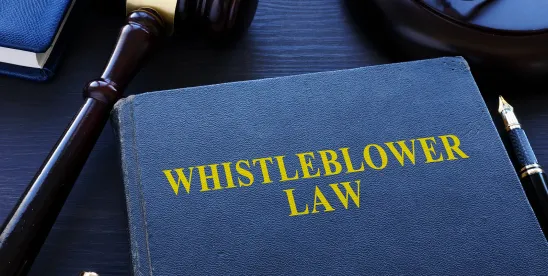Overcharging the government is not a long-term formula for success. Pharmaceutical ingredient supplier Medisca Inc. has agreed to pay $21.75 million to resolve allegations of manipulating Average Wholesale Prices (AWPs) for two key ingredients used in compound prescriptions. A pharmacist at a compounding pharmacy filed a qui tam lawsuit, drawing attention to this price inflation scheme, and the whistleblower, or relator, will receive $3,425,625 or almost 16% of the settlement. This case highlights a unique kind of pharmaceutical fraud and underscores the critical role that whistleblowers play in exposing such deceptive practices under the False Claims Act.
Allegations Summary
Medisca allegedly inflated the AWPs of resveratrol and mometasone furoate—two essential ingredients in compound medications. The company purchased resveratrol at approximately $0.37 per gram, repackaged it, and reported an AWP of $777 per gram. Similarly, it acquired mometasone furoate for less than $8 per gram but reported an AWP exceeding $7,300 per gram. These inflated prices set up Medisca’s pharmacy customers to submit false claims to federal health programs like TRICARE, ultimately overcharging the government thousands of dollars per prescription made with reservatrol and mometasone furoate.
Whistleblowers as Catalysts for Justice
Insider and competitor whistleblowers are often the first line of defense against fraud, especially in complex industries such as pharmaceuticals. In this case, Doug McMakin, a pharmacist who operated a compounding pharmacy, brought the alleged fraudulent practices of Medisca to light. Under the qui tam provisions of the False Claims Act, which empowers individuals to sue on behalf of the government, McMakin’s actions led to the substantial settlement with Medisca.
His efforts will be rewarded with a share of the settlement proceeds, amounting to $3,425,625. This reward system not only incentivizes individuals to report fraud but also serves as a reminder of the integral role whistleblowers play in maintaining fairness and transparency.
The Importance of the False Claims Act in Combating Fraud
The False Claims Act is a powerful tool in fighting fraud against the government, especially in the healthcare sector. It provides mechanisms for whistleblowers to safely report fraudulent activities, ensuring they are shielded from retaliation. The Medisca settlement demonstrates how effective this legislation can be in protecting public funds and deterring future misconduct by companies.
The U.S. Attorney for the Eastern District of Texas said about the case, “The systems establishing federal reimbursements for compounded pharmaceuticals should not be viewed by companies as an opportunity to artificially inflate reimbursements from federal payors such as TRICARE.” The U.S. Attorney for the Western District of Texas emphasized, “When federal healthcare programs are defrauded it hurts all Americans.” Pharmaceutical fraud whistleblowers bring the salve for healthcare fraud, waste, and abuse.




 />i
/>i

